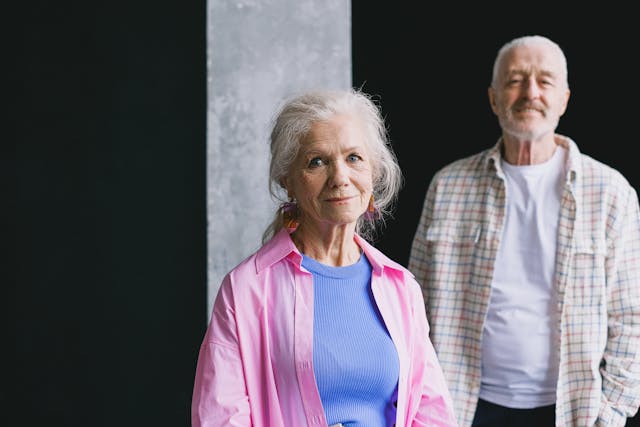It always sneaks up on you. A forgotten birthday. A bruised arm they swear they can’t remember getting. The fridge with expired food. One moment you’re checking in on your parent like usual, and the next you’re rethinking everything.
There’s no manual for watching someone you love slowly need more than you’re used to giving. It’s not dramatic, but it’s unmistakable. A shift. A quiet trade-off where you start becoming the caretaker.
What No One Tells You About Becoming the Caregiver
Caregiving doesn’t begin with some grand declaration. It begins with you Googling symptoms at midnight. Driving across town with soup and checking that they locked the door. Managing appointments between work meetings. Holding your breath every time the phone rings.
What no one prepares you for is how heavy the invisible tasks are. The emotional lifting. The self-doubt. The constant wondering if you’re doing the right thing, or enough of it.
When Independence Turns Into Isolation
Most older adults fight to stay independent, because what’s the alternative? But sometimes, the desire to remain independent can quietly slide into isolation. And social isolation is now recognized by the CDC as a serious health risk, contributing to cognitive decline, depression, and even premature mortality.
They stop going out as much. They hide how tired they are. They skip meals, or social events, or even medications. And unless you’re there every day, you might not notice the slow decline until it’s unmistakable. Which is why support isn’t just helpful, it’s necessary.
Warning Signs That Your Loved One Isn’t Coping
You don’t need to be a doctor to notice when something feels off. But here are signs worth paying close attention to:
- Unexplained bruises or minor injuries
- Forgetfulness that seems beyond normal aging
- Mood swings or withdrawal
- Poor hygiene or unkempt living spaces
- Missed medications or skipped meals
These aren’t just lapses. They’re signals.
Emotional Labour Isn’t Just a Buzzword—It’s Your New Normal
Caring for someone else means constantly assessing, anticipating, absorbing. It means carrying their fear so they don’t have to voice it. And unless you make space to recover, you risk caregiver burnout—a state of physical, emotional, and mental exhaustion that the Cleveland Clinic defines as “a candle that ran out of wick.
It’s emotional labour, and it adds up fast. Especially when no one sees it but you.
The Guilt of Not Doing Enough (Even When You’re Doing Everything)
This is the hardest part. You cancel plans. You stretch your schedule. You show up—again and again. But it never feels like enough. There’s always more you could be doing. That guilt doesn’t mean you’re failing. It means you care.
And the truth is, caring alone isn’t always sustainable. Sometimes loving someone means bringing in help.
Why Good Senior Care Isn’t a Luxury
Quality care shouldn’t be a privilege. It should be the standard. But too many families feel forced to choose between affordability and dignity. That’s not fair and it’s not how aging should feel.
Real senior care isn’t just meals and meds. It’s community. It’s emotional safety. It’s knowing your loved one is seen, not just supervised.
What to Look for in a Senior Living Community
Not all support is created equal. If you’re considering extra care for your loved one, look for a place that offers:
- Personalized care plans
- Respectful, attentive staff
- Safe and beautiful living spaces
- Opportunities for connection, purpose, and activity
- Continuity of care as needs change
Don’t just ask what they offer. Ask how they make residents feel.
Peace of Mind Starts With the Right Support
You’re not supposed to do this alone. The goal isn’t to replace your love or your presence. It’s to make sure the people who matter to you are getting the kind of support that honors who they are.
That’s why families across Canada turn to All Seniors Care. With residences designed to balance independence and support, their communities prioritize safety, dignity, and real joy in daily life. It’s care that feels like care.
Where Love Meets Support
Letting go of full responsibility doesn’t mean letting go of your role. You’ll still be there. Still visiting, still calling, still loving. But you’ll have help. And that changes everything.
Because the people who once cared for you deserve to feel safe, respected, and held, just like they did for you.




